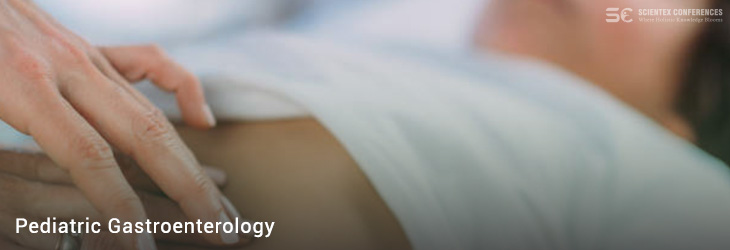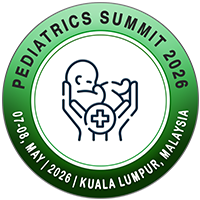Track: Pediatric Gastroenterology

The "Pediatric Gastroenterology" session offers an extensive exploration of gastrointestinal pathologies in the pediatric population, highlighting the newest advancements in diagnostic methods and therapeutic approaches. This session is designed for healthcare professionals and researchers dedicated to deepening their understanding of pediatric GI conditions. Emphasizing the integration of novel diagnostic technologies and innovative treatment strategies, the session aims to address complex gastrointestinal disorders, with the ultimate goal of improving patient outcomes and clinical effectiveness.
Gastroesophageal Reflux Disease (GERD):
This sub-session will address the pathophysiology, clinical presentation, and management of GERD in children. Discussions will include diagnostic techniques such as pH monitoring and esophagogastroduodenoscopy, as well as therapeutic options ranging from lifestyle modifications to pharmacological interventions.
Inflammatory Bowel Disease (IBD):
The focus will be on Crohn's disease and ulcerative colitis in the pediatric population. Topics will include the genetic and immunological underpinnings of IBD, advancements in biological therapies, and the importance of a multidisciplinary approach to management.
Pediatric Liver Diseases:
This sub-session will explore various liver conditions, including biliary atresia, autoimmune hepatitis, and metabolic liver diseases. Emphasis will be placed on early diagnosis through liver biopsy and imaging, as well as current and emerging treatment modalities.
Pediatric Motility Disorders:
Attendees will learn about disorders such as gastroparesis and chronic intestinal pseudo-obstruction. The session will cover diagnostic procedures like manometry and scintigraphy, along with pharmacological and surgical treatment options.
Malabsorption Syndromes:
This sub-session will cover conditions leading to malabsorption, including celiac disease, cystic fibrosis, and short bowel syndrome. Discussions will focus on diagnostic strategies such as serological tests and endoscopic biopsies, as well as nutritional management and enzyme replacement therapy.
Scientific Highlights
- Neonatology and Perinatology
- Advances in Neonatal Care
- Neonatal hearing disorders
- Genetics and Genomic Medicine in Pediatrics
- Developmental and Behavioural Pediatrics
- Childhood Nutrition and Obesity
- Pediatric Allergy and Immunology
- Pediatric Pulmonology
- Pediatric Cardiology
- Pediatric Gastroenterology
- Pediatric Neurology
- Pediatric Oncology
- Pediatric Hematology
- Pediatric Rheumatology
- Pediatric Infectious Diseases
- Pediatric Nephrology & Urology
- Pediatric Dermatology
- Pediatric Surgery
- Pediatric Emergency Medicine
- Pediatric Pain Management and Palliative Care
- Mental Health in Children
- Adolescent Medicine
- Pediatric Pharmacology
- Pediatric Dentistry
- Innovations in Pediatric Health Care
- Recent Technology and Child Health


